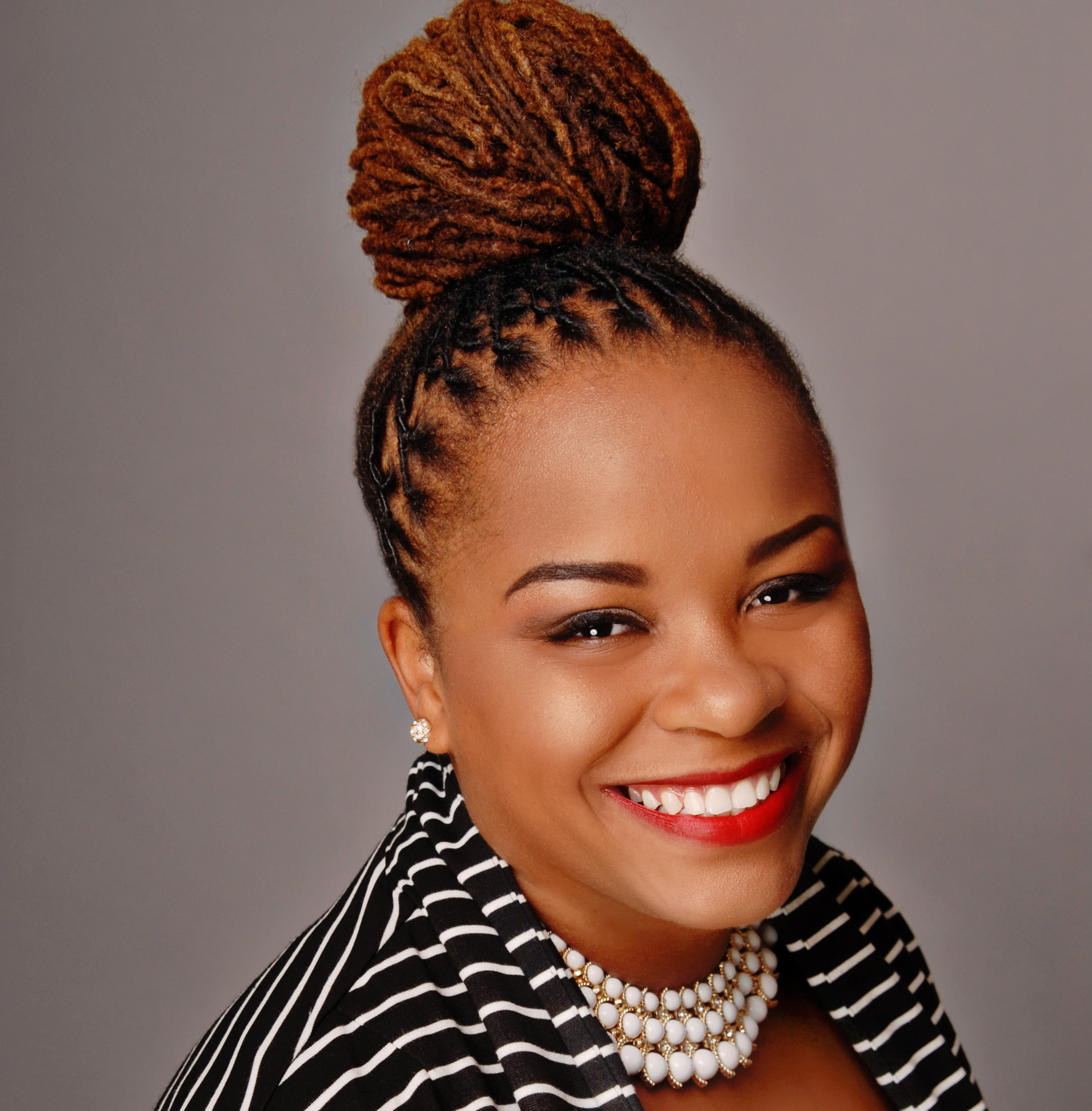Okay. I’m not the Fiskite who normally does this.
That’s what I said before I said the Fisk Jubilee Singers would have sung the top off of the U.S. Capitol’s rotunda as American Baptist College and Fisk University alumnus, civil and human rights icon, and U.S. Congressman John Lewis lay in state before his peers.
It’s not that the renditions by the selected performer weren’t great. I just wanted a particular greater: I wanted the majesty of my alma mater — Lewis’s alma mater — in full splendorous view for the world to see, hear, and feel.
So I understand the pride among HBCU graduates to see their alma maters showcasing its success. It’s only natural to want the best for the institution that likely changed your life.
That’s why it’s unsurprising that back in June, debate ensued over the $120 million gift made by philanthropists Patty Quillin and her spouse, Reed Hastings, co-founder, chairman, and CEO of Netflix awarded in equal parts to to Spelman College, Morehouse College and the United Negro College Fund.
Spelman and Morehouse, some said, are among a handful of HBCUs, including Washington, D.C.’s Howard University, that always gets sizable gifts.
The gift, which was the largest ever contribution by an individual to an HBCU, has now been matched by author and philanthropist MacKenzie Scott. She announced $1.7 billion in donations, including $40 million to Howard University, and $20 million each to Spelman, Morehouse, Xavier University of Louisiana, Hampton University, and Tuskegee University.
Representatives from each institution, with the exception of Spelman and Morehouse, confirmed that the gifts constituted the largest single donation in their schools’ history.
Some observations, many in fact, escalated to critiques of the institutions’ penchant for securing sizable gifts when the nation’s remaining approximately 100 historically black colleges and universities are left to scrap over the little in philanthropic gifts which remain.
Their interpretation of the terms of the gift largely dismissed the sizable award made to the United Negro College Fund, which represents the philanthropic interests of 37 of the nation’s private HBCUs.
A gift to the UNCF, one might argue to good effect, benefits many HBCU institutions.
I could have made a similar argument. I did not.
In addition to being just plain ole happy for the recipients of the gifts, I pointed out that which was apparent to me. Two things can be true at once. All HBCUs need money. All HBCUs do not curate and cultivate a culture that supports them, attracting what it is they need—including money.
Yes, large, accomplished alumni bases matter. Yes, the influence these alumni wield in Fortune 500 companies and among their multi-millionaire and billionaire owners matters. And yes, the sheer size of the institution as well as the nature of the most popular major programs an institution offers does indeed matter.
Without positive institutional affirmations in these essential areas, it is unlikely that an institution’s size, influence, and reputation will place them at the top of the leaderboard. The further you are from the top, the more improbable it is that a convergence of these factors will secure a multi-million dollar gift.
Improbable, but not impossible. Ineptitude makes attracting these gifts, and others like it truly impossible.
But do you know what else matters?
Picking up the telephone when people call, ensuring that web links lead to intended departments, distributing timely, grammatically correct press and other statements, and, above all, having your graduates leave your institutions happy about their experiences.
And none of this is possible without possessing stable leadership that does not seek to dismantle the voice of its faculty and send home its longest-serving staff while playing musical chairs in its cabinet and other key administrative posts.
I will not even go into other “known” factors publicly.
But I will say that which I’ve already said: More than one thing can be true at once. More than two things can be true at once.
And until HBCU leaders and alumni, in particular, are willing to acknowledge multiple truths at once, we will remain in the same stagnated place of repeated critiques of gift-givers and sister HBCU institutions when we are powerless to change them—and must instead powerfully, consistently improve ourselves.
Now, having said all of that, the only question I’m prepared to ask at the top of my lungs is this: Why in the middle of a pandemic that is disproportionately killing black people aren’t billionaires giving their money to Meharry Medical College? lol












